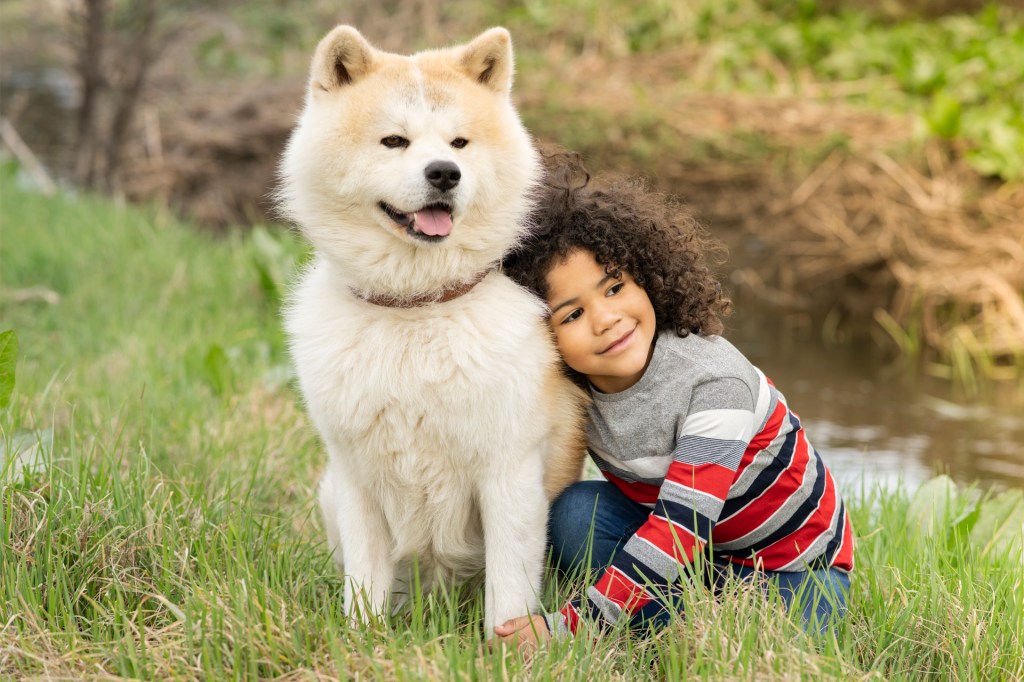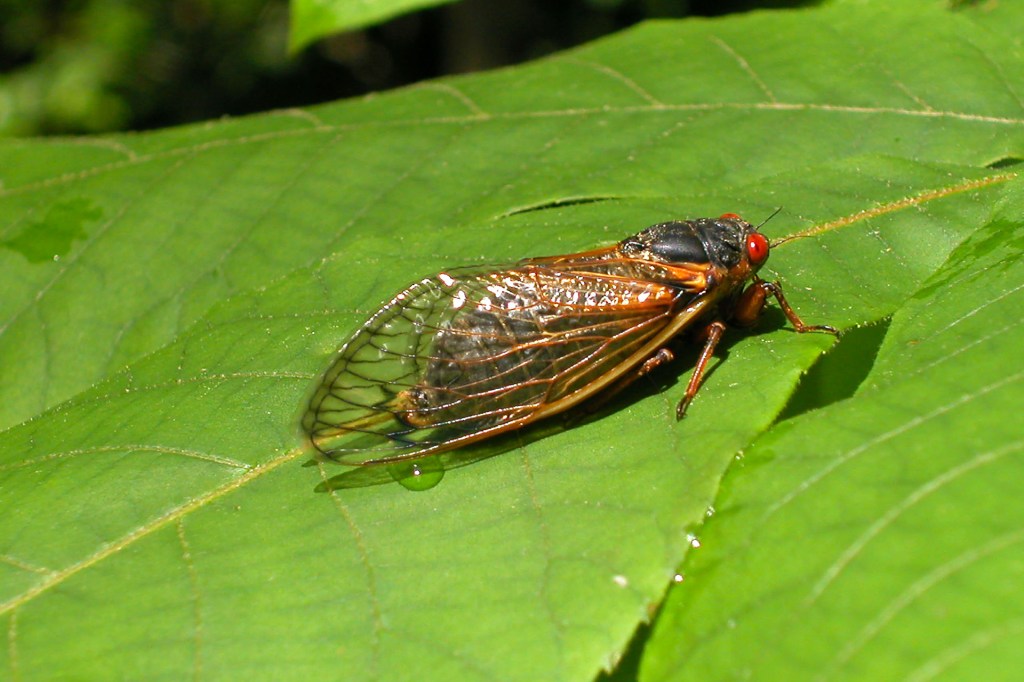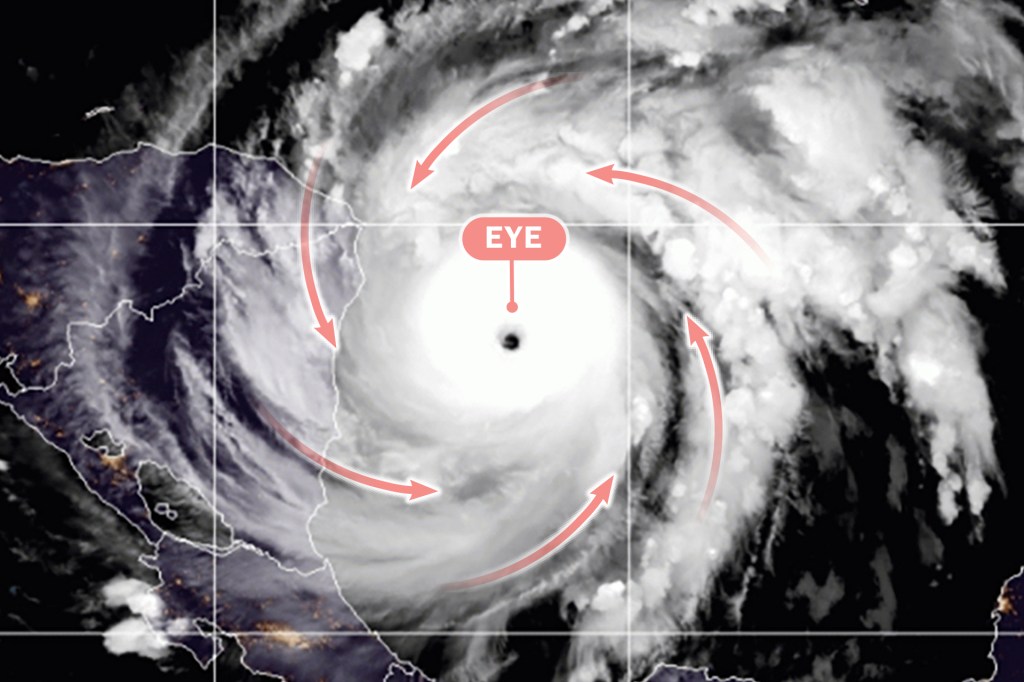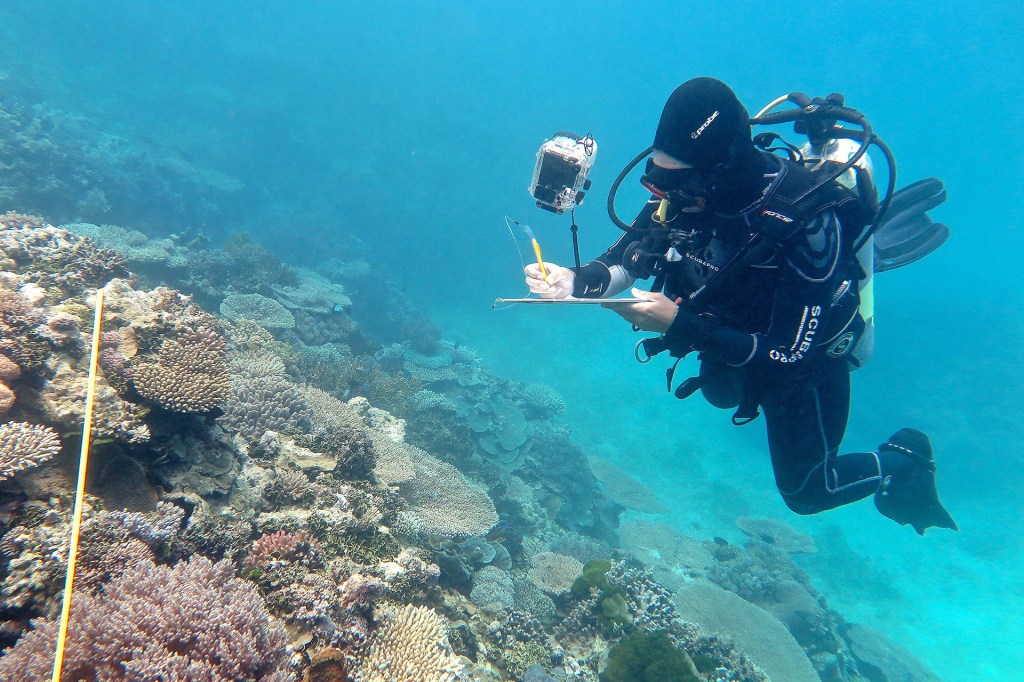
Learn about Australia’s Great Barrier Reef.
The Great Barrier Reef is one of the world’s natural wonders. It is off the coast of Australia. Visitors swim in the sparkling waters around it. They see amazing views of sea life.
The reef is also the largest living structure on Earth. It is so big that it can be seen from outer space.
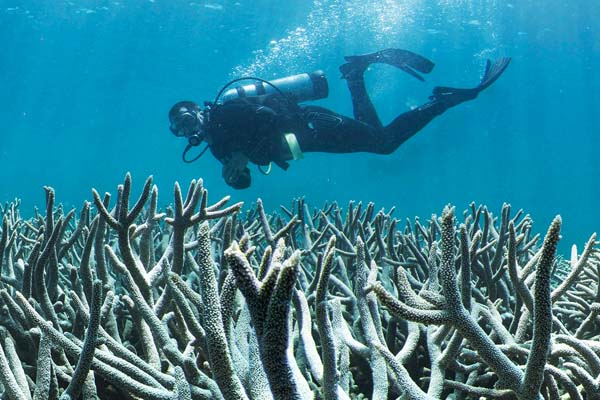
Warm water and pollution are turning coral white in the Great Barrier Reef. The coral used to be bright and colorful.
AUSCAPE/UIG/GETTY IMAGESA Great Loss
This large, underwater treasure is dying. Coral reefs are made up of tiny animals called coral polyps. The polyps’ bodies build colorful reefs. But unhealthy reefs can turn white. This is called bleaching. The bleaching sucks the color out of the corals. Some corals die.
A recent study found that 93% of the Great Barrier Reef has been hurt by coral bleaching. Warm water temperatures there are one cause of the bleaching. Pollution is another cause.
David Kline is a scientist. He studies corals. He says reefs around the world are in trouble. “It is truly global, and it’s looking very severe
severe
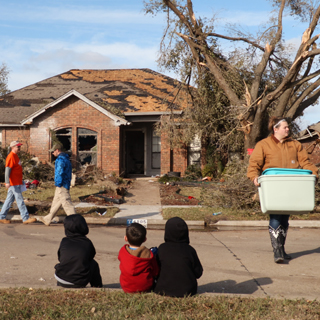 BILGIN S. SASMAZ—ANADOLU AGENCY/GETTY IMAGES
very bad; serious
( )
Homes were damaged in a severe storm.
,” he says.
BILGIN S. SASMAZ—ANADOLU AGENCY/GETTY IMAGES
very bad; serious
( )
Homes were damaged in a severe storm.
,” he says.
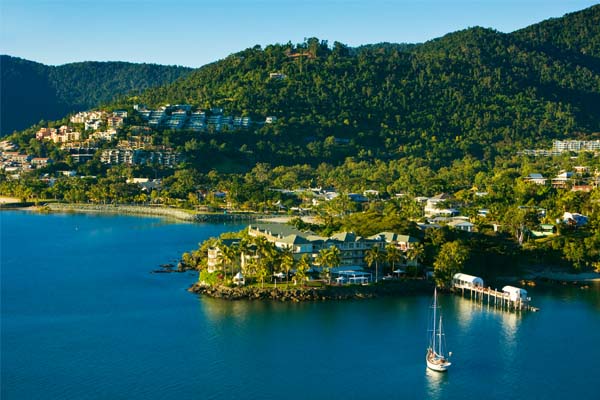
Coastal towns depend on coral reefs to attract tourists.
ANDREW WATSON—GETTY IMAGESReef Resources
Reefs are important. They help protect communities near the coast from flooding. They attract visitors and bring jobs to the area. Reefs are also a habitat for sea life (see “Life in the Reef”).
It is possible for the Great Barrier Reef to recover
recover
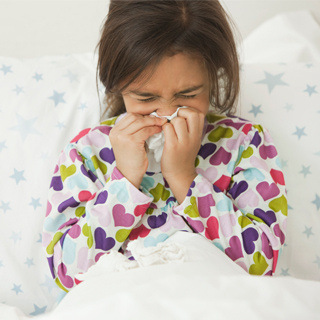 GETTY IMAGES
to get better
( )
It took two weeks for Emma to recover from a cold.
. But it is not easy. Groups in Australia are trying to help. They say people should use energy that doesn’t warm the planet. Cutting down on fishing can also help. So can cleaning up pollution. Together, people can help save the Great Barrier Reef.
GETTY IMAGES
to get better
( )
It took two weeks for Emma to recover from a cold.
. But it is not easy. Groups in Australia are trying to help. They say people should use energy that doesn’t warm the planet. Cutting down on fishing can also help. So can cleaning up pollution. Together, people can help save the Great Barrier Reef.
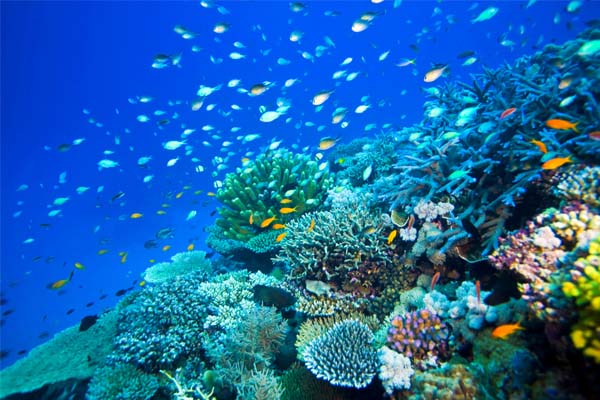
This part of the Great Barrier Reef is healthy. You can tell by the color of the coral.
AUSCAPE/UIG/GETTY IMAGESLife in the Reef
Australia’s Great Barrier Reef Marine Park is huge. It is about the same length as the U.S. West Coast. This ocean habitat is home to more than 1,600 types of fish. There are around 600 types of corals. Many kinds of whales, dolphins, and sharks live there too. These creatures depend on coral reefs for their survival.
Think!
Why is the Great Barrier Reef considered a natural wonder?
Habitat Hunt
There are different types of habitats. Read about three habitats below. Then answer the questions.
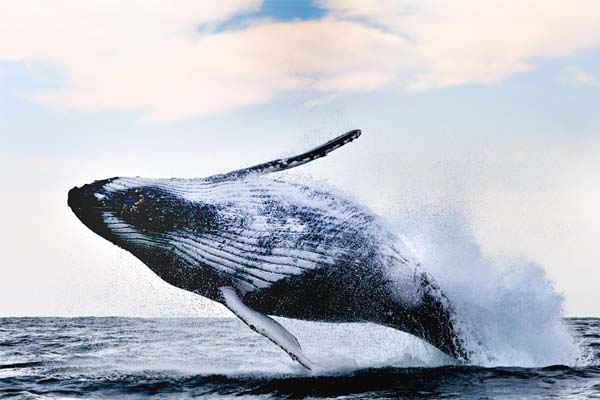
Ocean
Ocean animals include sharks, seals, whales, squid, jellyfish, and different types of fish. Most ocean plants and animals live in areas where they can get light and heat from the sun to grow.
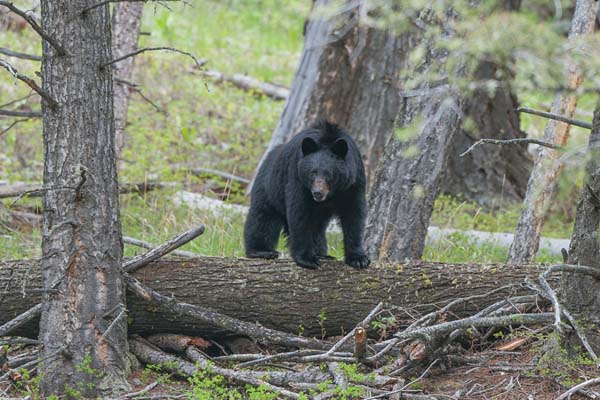
Forest
Forests are places where trees and plants grow. Different kinds of forests have different climates and animals. Forests are home to fox, deer, bears, and birds.
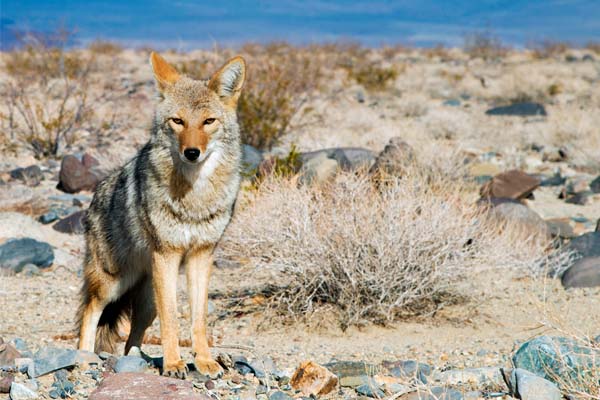
Desert
Deserts are dry. Animals like coyotes, rabbits, mountain lions, and snakes live in deserts.
1. Which habitat is dry?
2. Why do plants live in parts of the ocean where there is light?
3. In which habitat do some bears live?





